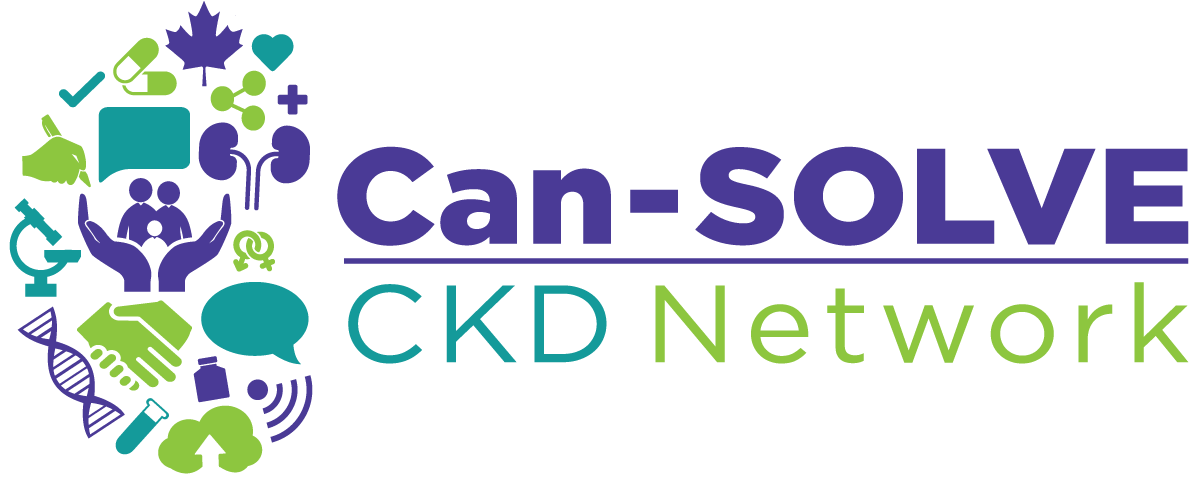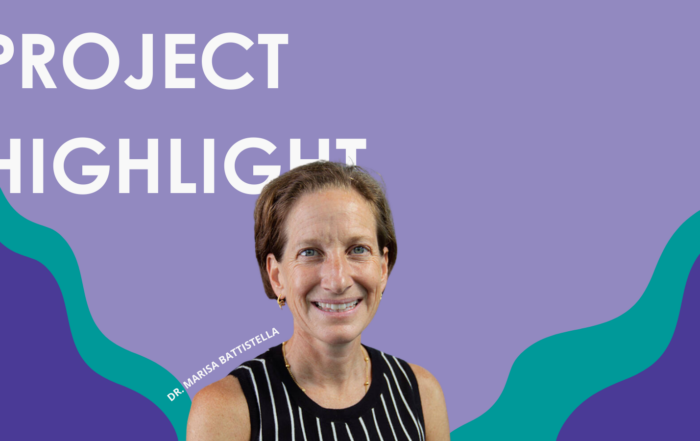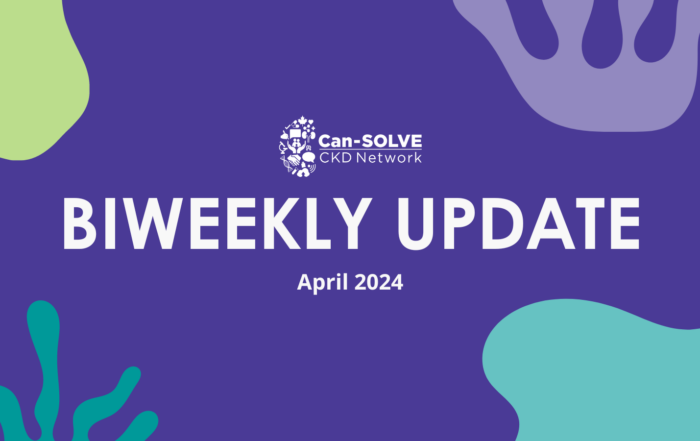
April 18, 2024
Our biweekly update keeps you informed on our network projects and initiatives! Below are a few highlights. Make sure to check out the latest issue below.
Can-SOLVE CKD Network Update
In this update we’ve collected our most recent tools, opportunities, and research projects that come together to advance a comprehensive education and cultural change in kidney health research that places patients at the forefront.
We believe it is through the advancement of patient-oriented research that a more equitable future for all is possible.
It is with great sadness that we acknowledge the passing of Mary Beaucage, a fearless champion for kidney health whose contributions to the Can-SOLVE CKD community are too great to count.
Mary was a storyteller, advocate, teacher, mentor, and researcher who used her voice and experience to create a better world for those affected by kidney disease. Her energy and enthusiasm for this work were unmatched, and it was often said that Mary was a part of every committee, working group, and initiative across the network – only a slight exaggeration of her tremendous and tireless devotion to the cause of patient-oriented research.
|
More Network Updates
Connect with us!
Subscribe to learn more about what we do, why it matters, and how you can get involved!
